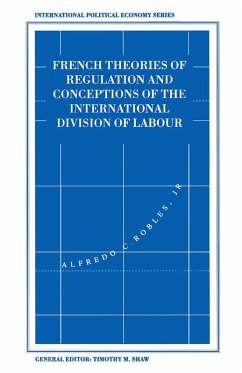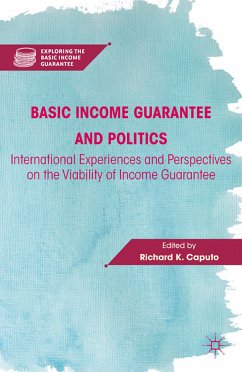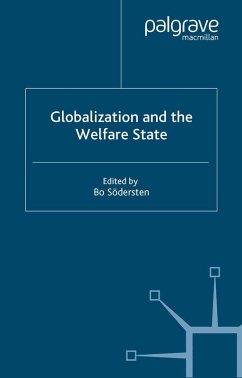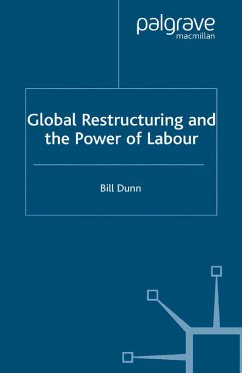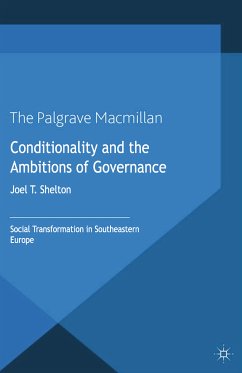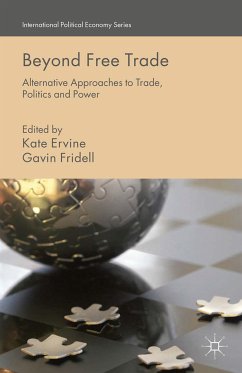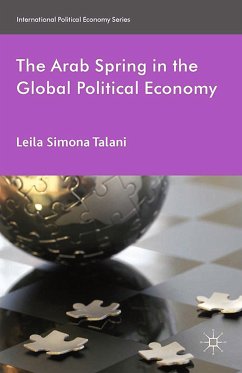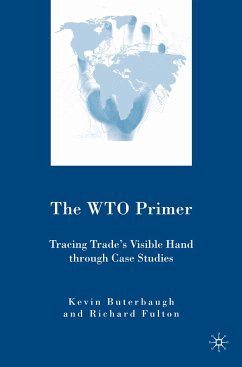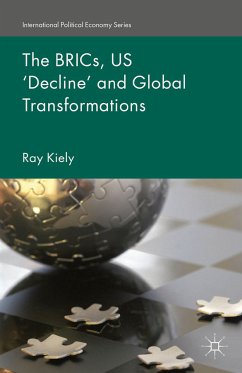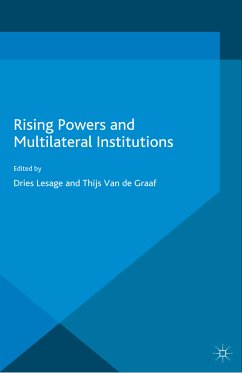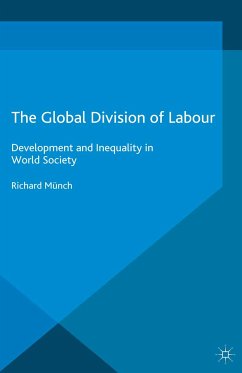
The Global Division of Labour (eBook, PDF)
Development and Inequality in World Society
Versandkostenfrei!
Sofort per Download lieferbar
40,95 €
inkl. MwSt.
Weitere Ausgaben:

PAYBACK Punkte
20 °P sammeln!
Global free trade is one of the most controversial phenomena of our time. Richard Münch offers a new theory of global labour division to explain deeper transformations in the production and distribution of wealth brought about by global free trade. He then carries out and analyzes empirical investigations based on this theory.
Dieser Download kann aus rechtlichen Gründen nur mit Rechnungsadresse in A, B, BG, CY, CZ, D, DK, EW, E, FIN, F, GR, HR, H, IRL, I, LT, L, LR, M, NL, PL, P, R, S, SLO, SK ausgeliefert werden.



